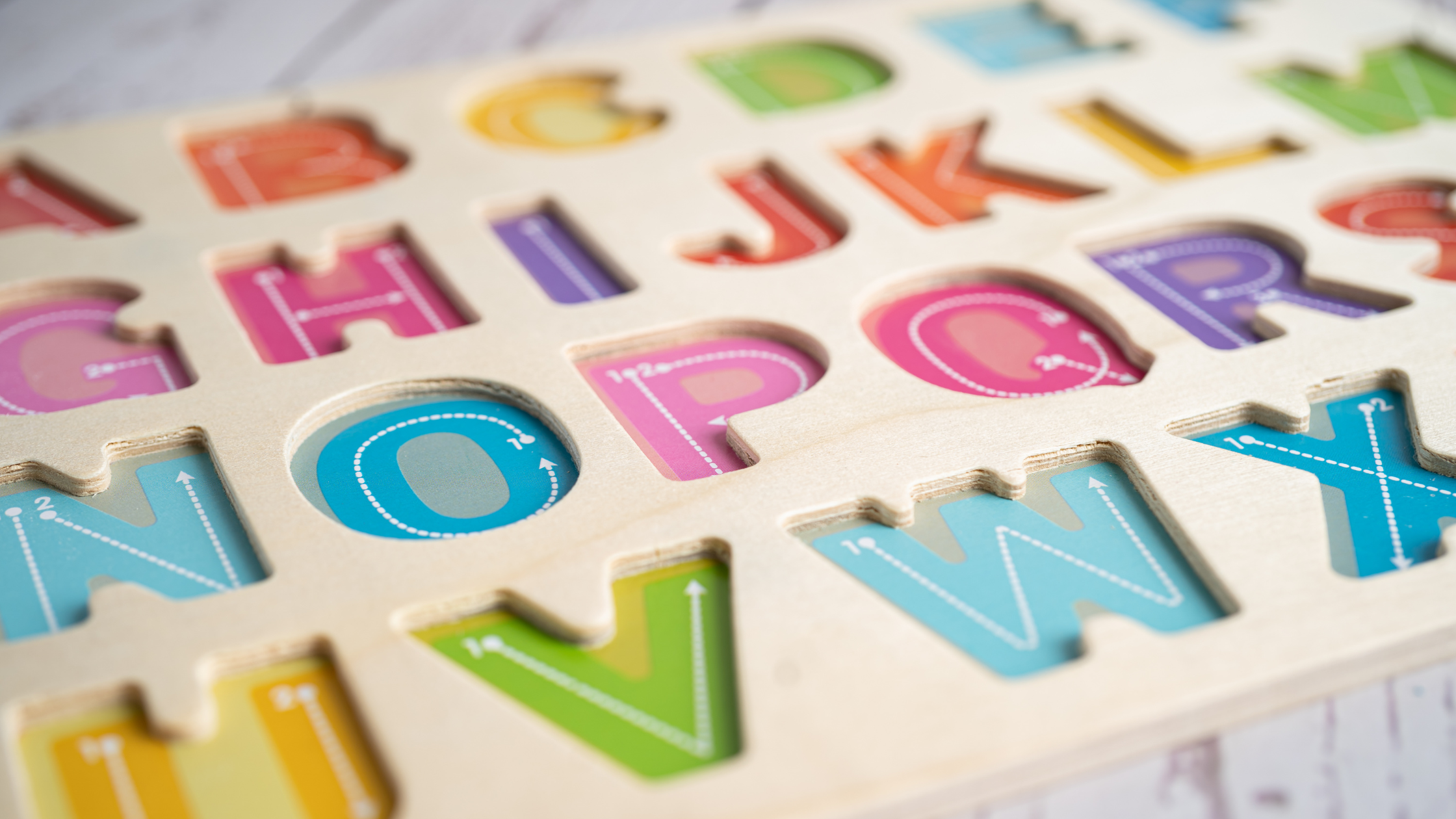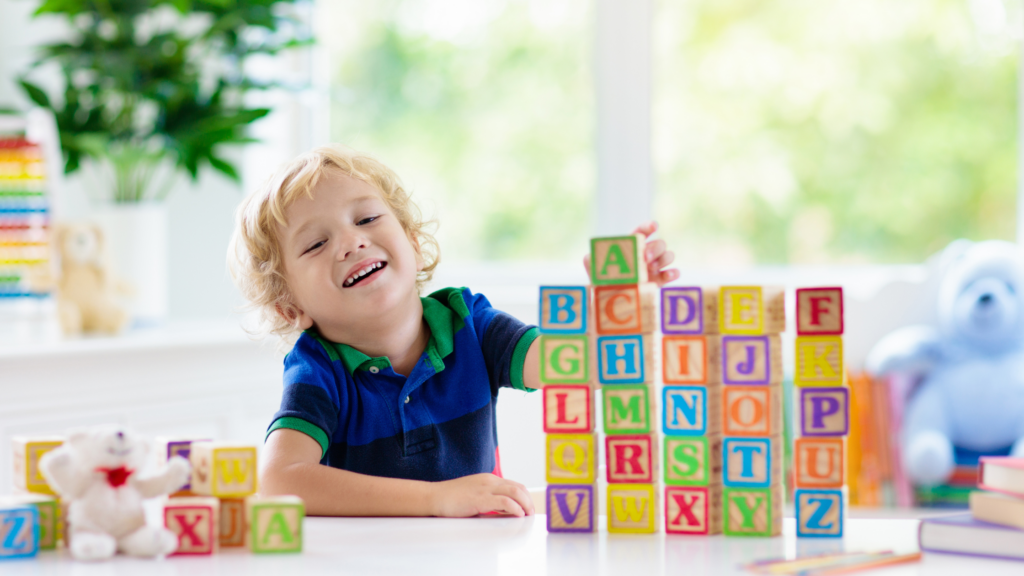
Parents often wonder when to teach kids Italian and whether there’s a “right” age to begin. The truth is, the earlier children are exposed to a new language, the easier it is for them to pick it up. From toddlers to preschoolers, kids are naturally curious and eager to imitate sounds, making these years the best age to learn Italian for kids.
Experts agree that starting young makes a difference. Toddlers learn by listening and repeating, which is why everyday exposure matters. Simple words like mela (apple) or cane (dog) are perfect for early Italian language for preschoolers and toddlers alike. Short sessions with songs, games, or flashcards are ideal ways to begin.
If you’re asking what age should my child learn Italian, the answer is: as early as possible. Children between 2 and 6 are especially receptive to new sounds and vocabulary. This is the stage where language learning feels natural, and play-based tools like Parlini Land help turn practice into fun.

It’s never too late to begin, but the best age to learn Italian for kids is during their preschool years. At this age, their brains are wired to absorb language quickly. Starting with simple Italian lessons for preschoolers—like colors, numbers, and animals—builds a foundation that grows stronger with time. Parlini Land supports families with safe, engaging games that introduce these basics step by step.
The key to success is keeping learning light and enjoyable. Parlini Land offers flashcards, matching, sorting, and numbers games that make Italian practice fun for toddlers and preschoolers. With repetition, encouragement, and play, kids gain confidence and start using Italian words naturally in daily life.
👉 Ready to begin? Learn more about learning Italian for kids here.
1. What is the best age for kids to learn Italian?
Ages 2–6 are ideal, as children are naturally curious and receptive to new words.
2. Can toddlers learn Italian?
Yes, toddlers learn by listening and repeating simple words like mela or cane.
3. How do preschoolers learn Italian best?
Through short, playful sessions with songs, flashcards, and interactive games.